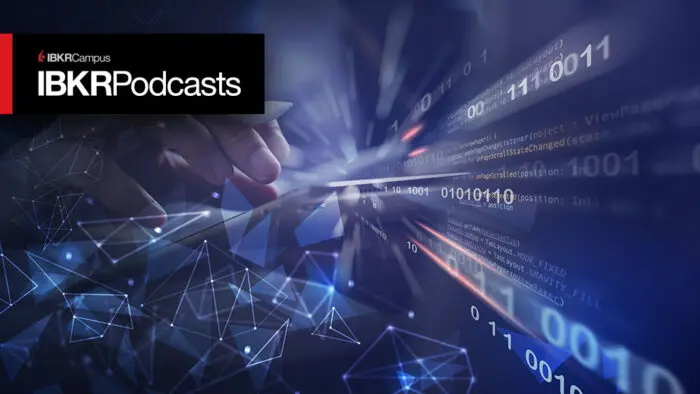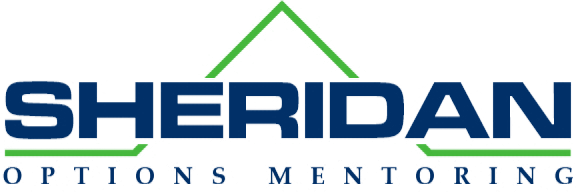Environmental, social, and governance (ESG) investing is becoming more popular nowadays and making an impact on mainstream investing. One may find various definitions of ESG, as it is a relatively new concept in investing. Nevertheless, in essence, ESG investing is supposed to adhere to certain socially responsible principles with a focus on environmental, social, and governance criteria.
As these principles continue to shape corporate strategies and government policies, they are also bringing investor awareness, which in turns spurs the need for advisors to be well-versed in ESG investing.
Many financial institutions, including ETF providers, rating agencies, and asset managers, are rushing to provide clients with investment products claiming to provide ESG exposure. Among them are new indexes, thematic ETFs, and ESG portfolios. But as there exist more vehicles for ESG investing, investors must be aware that not all ESG products are created equal and be wary of the potential paradox of choices.
By its definition, ESG investing involves selecting a relatively small number of assets, as opposed to broad market diversification. Therefore, to take a simple passive investment in an ESG ETF (or passive ESG portfolio in general) would be merely concentrating assets while ignoring risk.
That is why active investment strategies are particularly suitable for thematic investing – not only to seek excess returns but also navigate through risky paths in the evolving market.
With advancements in big data analytics and cloud computing, a quantitative approach offers a great potential to gain competitive advantage in active investing. On that front, financial Machine Learning (ML) sits in the intersection of mathematics, statistics, and computer science. It is a branch of Artificial Intelligence (AI) that can automate statistical models and data analyses to learn from data and identify patterns. Drawing data from various sources, AI/ML models can be designed to analyze numerous companies through their financial statements, performance history, factors exposure, and market sentiment. This is a very powerful tool for active investors.
Therefore, algorithms can be designed to select thematic stocks with the highest growth potential with minimal human intervention. In addition, this data-driven approach can automatically update fundamental and quantitative analytics and determine optimal strategies as live data are continuously incorporated. Specifically, it can dynamically allocate investments across assets and rebalance holdings to seek maximum risk-adjusted returns.
As an experiment, let us consider a portfolio, denoted by KESG. It is constructed in a series of steps:
- select a collection of ESG stocks based on fundamental and quantitative analytics,[1]
- keep track of momentum of each ESG stock within the collection and pick a subset of ESG stocks that pass a pre-specified momentum threshold,
- rebalance once a month to invest in a new set of ESG stocks.
The portfolio is compared against two benchmarks – the iShares MSCI USA ESG Select ETF (SUSA) and iShares ESG MSCI EAFE ETF (ESDG). SUSA seeks to track the investment results of the MSCI USA Extended ESG Select Index while ESGD is supposed to track the MSCI EAFE Extended ESG Focus Index. Both indices are composed of U.S. companies with environmental, social and governance characteristics as identified by the index provider. For more information, please visit our website.
The potential of machine learning models and quantitative methods is not limited to ESG investing. In fact, it can well be applied to other thematic and non-thematic portfolios, such as dynamic sector rotation strategies, multi-factor tactical asset allocation, and more. Traditional investing and machine learning are not mutually exclusive. In fact, some of these portfolios are grounded in tried-and-true principles and established trading strategies, but they can be supercharged with machine learning and augmented with AI algorithms.
About Kavout
Kavout is a global InvesTech company, with a mission to empower institutions and investors with augmented intelligence to generate alpha, manage wealth and do more with less. Kavout’s services span data analytics and alpha generation, Kai-as-a-Service (a machine learning and deep learning services platform) and consulting services for customized solutions.
Kavout brings together a world-class team of research-minded financial experts, and AI and machine learning engineers to develop investment services of the next generation, utilized by top investment firms worldwide servicing millions of investors.
[1] Kavout has a proprietary stock rating system that processes vast and diverse data sets, and runs predictive models encompassing many methods such as regression, classification, deep learning, and reinforcement learning to produce a rating to rank stocks.
Disclosure: Interactive Brokers
Information posted on IBKR Campus that is provided by third-parties does NOT constitute a recommendation that you should contract for the services of that third party. Third-party participants who contribute to IBKR Campus are independent of Interactive Brokers and Interactive Brokers does not make any representations or warranties concerning the services offered, their past or future performance, or the accuracy of the information provided by the third party. Past performance is no guarantee of future results.
This material is from Kavout and is being posted with its permission. The views expressed in this material are solely those of the author and/or Kavout and Interactive Brokers is not endorsing or recommending any investment or trading discussed in the material. This material is not and should not be construed as an offer to buy or sell any security. It should not be construed as research or investment advice or a recommendation to buy, sell or hold any security or commodity. This material does not and is not intended to take into account the particular financial conditions, investment objectives or requirements of individual customers. Before acting on this material, you should consider whether it is suitable for your particular circumstances and, as necessary, seek professional advice.

















